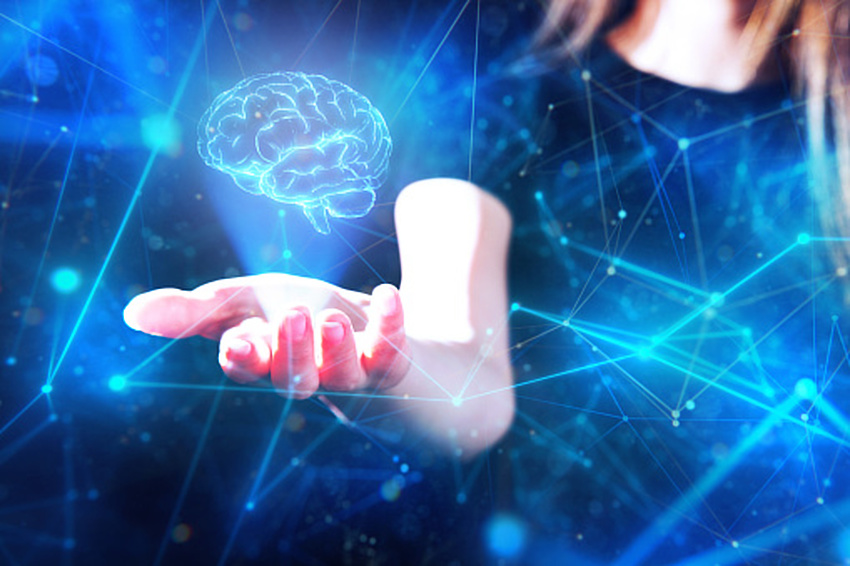In April 2018, neuroscientist Michael S. Gazzaniga released The Consciousness Instinct: Unraveling The Mystery of How The Brain Makes The Mind, and we’re here to review it.
The Consciousness Instinct Provides Fresh Insight into the Hard Problem
Gazzaniga is one of those neuroscientists who has done it all in the field. He, alongside Roger Sperry, pioneer research on the hemispheric specializations of the brain – Sperry won a Nobel Price in Physiology or Medicine. He made his impact on many universities with his unceasing curiosity, and, alongside George Miller, he founded the field of Cognitive Neuroscience.
From his work on split-brain, he has moved to ethics in the field of neuroscience, how neuroscience can be accounted for in a trial and even the debate on free will. Now, in his 2018 book, The Consciousness Instinct, Gazzaniga looks at the mystery of how the brain makes the mind and tries to give us a little bit of light on the notorious Hard Problem.
The History of Consciousness
One of the reasons that Gazzaniga’s books are so great is that he cares about the details and making sense to the average reader the may not have a degree in neuroscience. The founder of Cognitive Neuroscience does just that at the start of the book, unpacking 2,500 years of the history of the unraveling problem that is consciousness. Consciousness has been studied and detailed by other great scientists like Gerald Edelman, Francis Crick and the philosopher David Chalmers, but sometimes, the best scientists fail to explain some critical details on the Hard Problem. Many times, words like dualism, Humean, Hard Problem, among others, are tossed around on the topic of consciousness, and readers that may be looking to the issue for the first time feel lost and the text becomes a complex one.
Gazzaniga goes bit by bit in history, from ancient Egypt and Mesopotamia to Rene Descartes in the seventeenth century to the giant step of Crick and Christof Koch‘s work that made consciousness an acceptable topic for research in science. Gazzaniga goes everywhere, giving Germany, England, Canada, and many other countries their due for creating what we know now as “the Hard Problem.”
A Revealing Work on the Hard Problem
Part II of the book is a masterpiece as Gazzaniga takes flight, taking on the topics of brain modules, layers, quantum mechanics and even how dementia, comas, and parasomnia give us clues about how we know someone is conscious. On brain architecture – one of the best chapters of the book – Gazzaniga writes, “The complexity of our layered brains is so well hidden that after twenty-five hundred years we are still trying to figure it out.” He later adds:
“The various systems in your brain have evolved to run independently. For example, your auditory system runs independently from the olfactory system. It gets no information about odors and doesn’t need any to process sound information. You can lose your sense of smell and still hear bees buzzing.”
Gazzaniga then tackles determinism and Isaac Newton with a witty take:
“It was thought that if his laws (Newton) are universal, then, theoretically, if the initial conditions were known, every nation, in the physical universe is predictable. That means all actions are determined, even your actions, for you are just another physical thing in the universe. Plug the right initial conditions into the equation, and out will come the answer as to what happens next – even what you are going to do after work next Thursday.”
The big topper of the book is the last chapter, which is the title of the book: “consciousness is an instinct.” In here, Gazzaniga gathers everything he has told you in the previous chapter and makes the case that class consciousness is an instinct.
He writes the best quote of the book by saying, “Brains are like machines; machines are like brains with something missing.”
He then argues about why consciousness is an instinct by stating, “Adding consciousness to the instinct list suggest this precious human property, which we all hold dear, is not a mordaciously endowed part of our species’ special hardware.”
Last Word on The Consciousness Instinct
Two critiques of the book immediately come to mind — the first one being that Gazzaniga, while retelling the story of consciousness, fails to bring up the contribution that eastern philosophy, especially Buddhism, brought to the Hard Problem.
The second critique is that the last chapter should be longer. You get a feeling that you want more, that Gazzaniga could expand more about his grand theory.
In general, the book brings an overview that many books fail to deliver when talking about consciousness. The Consciousness Instinct is one of the best books of 2018 because it makes the understanding of one of the biggest mysteries in science right now accessible. It details everything scientists have failed to explain to the public. Moreover, it brings to the forefront a theory (more like a hypothesis) that could change the way we think about the Hard Problem. Gazzaniga makes a case for how our biology makes the reality that comes naturally to us.
Main Image Credit:

